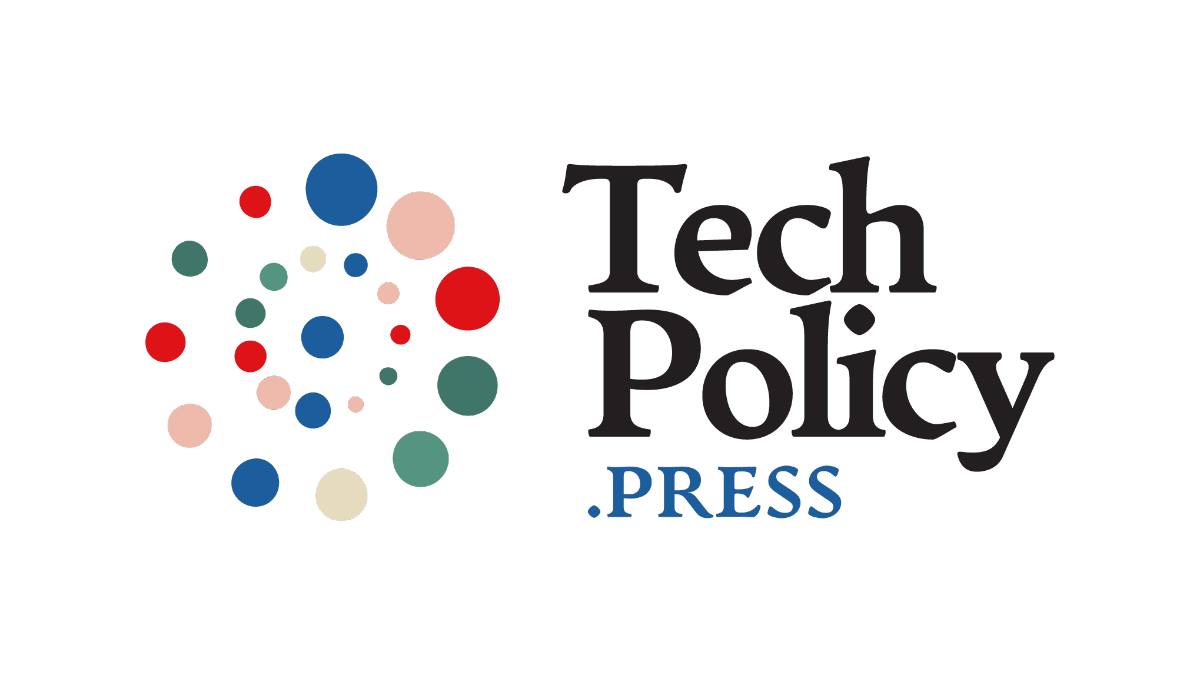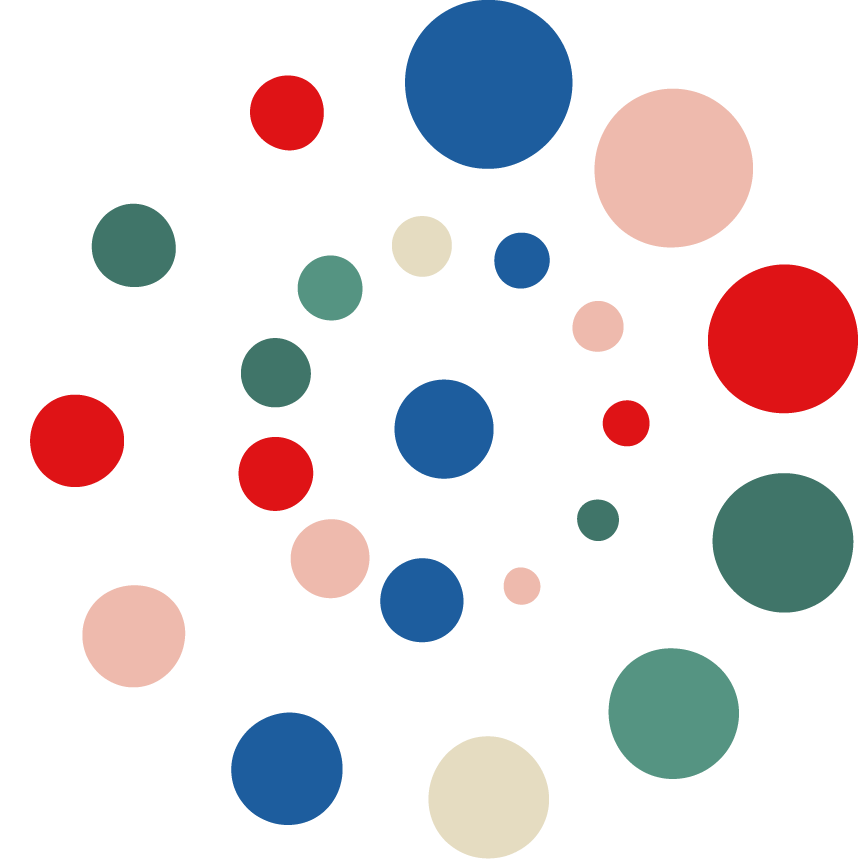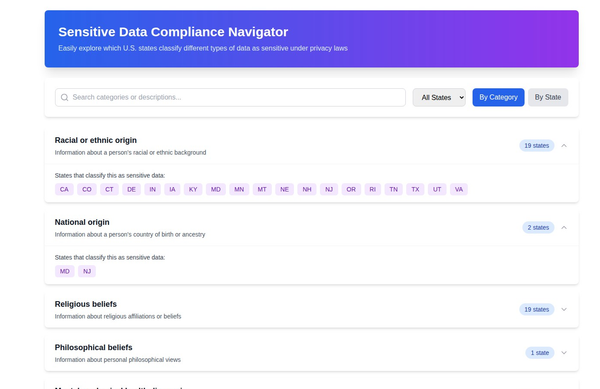The European Parliament Adopts the Artificial Intelligence Act: A Milestone for AI Regulation

In a historic move, the European Parliament took a giant leap in the regulation of artificial intelligence (AI) on June 14, 2023, by adopting the groundbreaking Artificial Intelligence Act. This act is a comprehensive and ambitious regulation aimed at harmonizing rules for AI across the European Union (EU), with a strong emphasis on safety, fundamental rights, and the free movement of AI-based goods and services. Let's dive into the key aspects and implications of this significant development.
Understanding the European Union's AI Act
Artificial Intelligence (AI) is rapidly transforming our world, and with such transformative power comes the need for robust regulations to ensure its responsible and ethical use. The European Union (EU) has taken a significant step in this direction by introducing the AI Act. In this blog post, we will delve into the key aspects of the EU's AI Act, understand its implications, and explore how it shapes the future of AI in Europe.
What is the AI Act?
The AI Act is a groundbreaking regulation introduced by the European Union to govern the development, deployment, and use of artificial intelligence systems within the EU. It aims to strike a balance between fostering AI innovation and safeguarding fundamental rights and values.

Key Provisions of the AI Act
1. Defining AI Systems
The AI Act provides a clear definition of AI systems, distinguishing them from other software and setting criteria for their classification. This ensures a precise scope for regulation.
2. Ensuring Ethical AI
Ethical AI development is a cornerstone of the AI Act. It outlines guidelines and requirements for building AI systems that respect fundamental rights and human values.
3. Protecting Fundamental Rights
The regulation prioritizes the protection of fundamental rights, such as privacy and non-discrimination, when AI systems are in use.
4. Safeguarding Against Harm
AI systems must meet safety and reliability standards to prevent harm to individuals, society, and the environment.
5. Accountability and Transparency
The AI Act introduces measures to hold developers and users of AI systems accountable for their actions. It also emphasizes the importance of transparency in AI decision-making processes.
6. Cross-Border Trade
Promoting the free movement of AI-based products and services across EU borders is a key objective, allowing for seamless integration of AI technologies.
7. Biometric Data Regulation
The AI Act defines biometric data and sets rules for its processing, ensuring data protection and privacy.
Implications and Significance
Understanding the AI Act's implications for businesses, researchers, and society at large is essential. It sets the stage for responsible AI innovation, protecting individuals' rights and ensuring that AI contributes positively to various sectors.
Key Takeaway
On June 14, 2023, the European Parliament adopted the Artificial Intelligence Act, a regulation aimed at harmonizing rules for artificial intelligence (AI) across the European Union, emphasizing safety, fundamental rights, and the free movement of AI-based goods and services.
The AI Act represents a pivotal moment in the regulation of AI technology, ensuring that Europe harnesses the potential of AI while upholding its core values and principles. Stay informed about this game-changing regulation and its impact on the world of artificial intelligence.
Summary
- The European Parliament adopted the Artificial Intelligence Act on June 14, 2023.
- This act aims to create a uniform legal framework for AI development, marketing, and use across the European Union, ensuring alignment with Union values.
- It emphasizes the protection of health, safety, fundamental rights, democracy, rule of law, and the environment from AI's harmful effects.
- The act promotes the free movement of AI-based products and services across borders, preventing Member States from imposing restrictions unless authorized by the regulation.
- It addresses the development of AI for scientific research and development purposes, safeguarding fundamental rights, privacy, and ethical principles.
- The regulation defines AI systems and biometric data in line with existing Union law.
- It emphasizes the need for human-centric AI and aims to build trust by respecting Union values and the Charter of Fundamental Rights.
- The act recognizes the potential benefits of AI in various sectors, such as healthcare, farming, education, infrastructure management, energy, security, and climate change mitigation.
- It acknowledges the risks associated with AI and the importance of accountability, explainability, and safeguarding against harm.
- The act aims to foster AI innovation, address digital skill shortages, enhance cybersecurity, and bridge gaps between large companies, SMEs, and start-ups.
- It defines AI systems' characteristics, autonomy levels, and compatibility with international AI definitions.
- The regulation defines biometric data and biometric identification.
- It provides a functional definition of remote biometric identification systems.
This regulation represents a significant step in regulating AI within the European Union, ensuring its safe and ethical development while promoting innovation and cross-border cooperation.
The Birth of the Artificial Intelligence Act
The Artificial Intelligence Act, often referred to as the AIA, is a result of extensive deliberations and discussions within the EU to create a unified legal framework for the development, marketing, and use of AI. This regulation is designed to ensure that AI technologies align with the core values of the EU while fostering innovation and economic growth.
Ensuring Safety and Protection
One of the primary objectives of the AIA is to guarantee the safety of AI systems and protect the fundamental rights of individuals. It aims to achieve a high level of protection in various aspects, including health, safety, democracy, rule of law, and the environment. The regulation seeks to prevent harm caused by AI systems and sets a precedent for responsible AI development.
Promoting Cross-Border Trade
In an increasingly interconnected world, facilitating the free movement of AI-based products and services across EU borders is of paramount importance. The AIA strives to eliminate barriers that could hinder the development and distribution of AI systems within the internal market. Member States are prohibited from imposing restrictions on AI development, marketing, and use unless explicitly authorized by the regulation.
Ethical AI Development
The AIA places a strong emphasis on the ethical development of AI. It promotes the uptake of human-centric and trustworthy artificial intelligence, ensuring that AI serves the needs of society and the common good. The act acknowledges that AI can have a significant impact on various aspects of life, from healthcare and education to security and climate change mitigation.
Addressing Risks and Accountability
Recognizing the potential risks associated with AI, the regulation calls for accountability and transparency. It requires AI developers and users to be accountable for the outcomes of AI systems. Additionally, it promotes explainability, making it essential for AI systems to provide clear and understandable explanations for their actions.
Fostering Innovation
The AIA is not just about regulation; it also aims to foster innovation. It addresses the shortage of digitally skilled workers, enhances cybersecurity, and bridges gaps between large companies, SMEs, and start-ups. By providing a predictable and proportionate environment for low-risk industrial solutions, the regulation encourages investment in AI-based analysis and optimization tools.
Defining AI Systems and Biometric Data
To ensure clarity and legal certainty, the AIA defines AI systems and biometric data. It distinguishes AI systems from simpler software systems and programming approaches, taking into account factors like autonomy and human-defined objectives. Additionally, it aligns the definition of biometric data with existing EU law.
Remote Biometric Identification
The act introduces a functional definition of remote biometric identification systems. These systems are designed for the identification of individuals at a distance by comparing their biometric data with data in a reference database. This definition emphasizes the importance of privacy and data protection in biometric identification processes.
Conclusion
The adoption of the Artificial Intelligence Act by the European Parliament represents a significant milestone in the regulation of AI technology. It sets a strong precedent for responsible AI development, ensuring that AI aligns with the values and principles of the EU while promoting innovation and cross-border cooperation.
As the world continues to grapple with the challenges and opportunities presented by AI, the EU's proactive approach in creating a robust regulatory framework is commendable. The AIA not only addresses current concerns but also anticipates future developments in the ever-evolving field of artificial intelligence.
In a world increasingly reliant on AI, the EU is taking a leadership role in shaping the future of this transformative technology.






